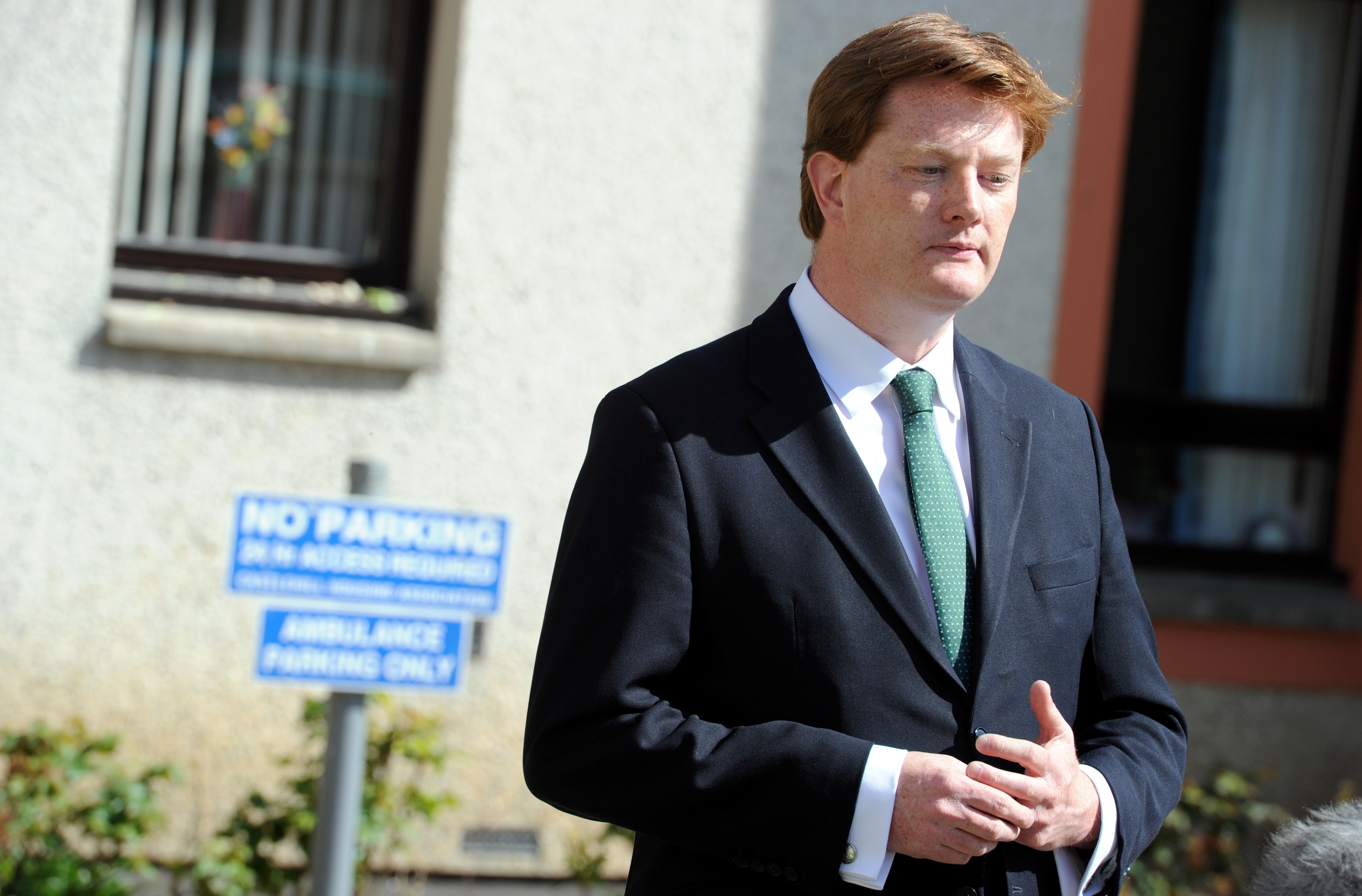With one of the most powerful figures in UK politics ousted in Inverness, Calum Ross charts the unlikely rise and fall of Danny Alexander.
In years to come, Danny Alexander might find himself pondering whether it had all just been a dream.
Did the boy from Colonsay really grow up to run the country for five years?
Was the former Lochaber High School pupil overseeing the British economy as it struggled to recover from the biggest financial crisis since the 1930s, while holding together the first Westminster coalition since the war?
And did he really get kicked out by Highland voters at the first opportunity after he reached these heights?
It might all sound difficult to believe.
But the residents of Inverness, Nairn, Badenoch and Strathspey have ensured Mr Alexander’s fall from power was as dramatic as his rise.
After an Oxford University education and more than a decade as a press officer, his brief time at Westminster began at the 2005 election.
Perhaps the key moment in his career was the election of Nick Clegg as Liberal Democrat leader at the end of 2007.
Mr Alexander quickly gave up shadowing junior ministers to focus on his role as Mr Clegg’s chief of staff, going on to become his closest aide and the main author of the party’s 2010 manifesto.
When the election resulted in a hung parliament, the Inverness MP was thrust into the spotlight as a key member of the negotiating team which brokered the historic coalition agreement with the Conservatives, going on to become the first Highland MP to sit in the Cabinet for 40 years when he was appointed Scottish secretary shortly afterwards.
Another promotion was confirmed just two weeks later as he moved across Whitehall to replace the chief secretary to the Treasury, David Laws, following his resignation over an expenses issue.
His new job meant overseeing £700billion of public spending every year, but it was much more than that as well.
As the second most senior Lib Dem, Mr Alexander became a member of “the Quad” – along with Mr Clegg, Prime Minister David Cameron and Chancellor George Osborne – where the government’s course was charted and coalition splits were resolved.
However, being viewed as Mr Osborne’s right-hand man, and holding a key role in delivering the government’s austerity programme, Mr Alexander quickly found himself more popular with Tories than his own supporters.
He worked hard to shake that image, but it would severely damage his chances of re-election in the Highlands.
Despite having much on his plate, Mr Alexander kept a close eye on his homeland throughout his time in office, playing a key role in the campaign against Scottish independence.
He was the only Scot in the Quad and the most senior Scot in the government, after all, and the Treasury was overseeing much of the strategy, including producing the extensive series of Scotland analysis papers and developing its position on the crucial issue of a shared currency.
Mr Alexander’s clout also ensured he won approval for a series of pet projects for the Highlands which led to him being routinely accused of “pork-barrel politics” south of the border.
These included a fuel duty discount for all of the islands and remote mainland areas, approval in principle for a £300million City Deal for Inverness, a cut in whisky duty, a promise to reduce electric bills in northern Scotland, and a tax break for ski lifts.
It was not enough to save him in the end, however, as his links to austerity and unpopular figures in the coalition combined with the SNP surge to ensure the demise of the fourth most powerful man in the country.
At just 42, it is surely too early for Mr Alexander’s retirement.
Maybe he will land a top job in the City, relax and write a book, stand for Holyrood next year or find a route into the House of Lords.
But whatever path he chooses, the next few years are unlikely to be as dramatic for him as the last five.
